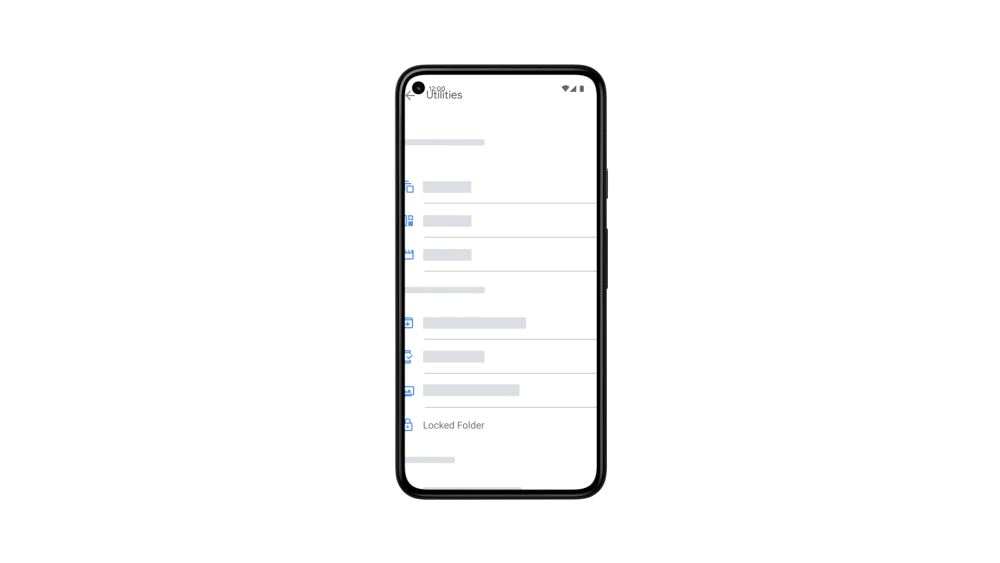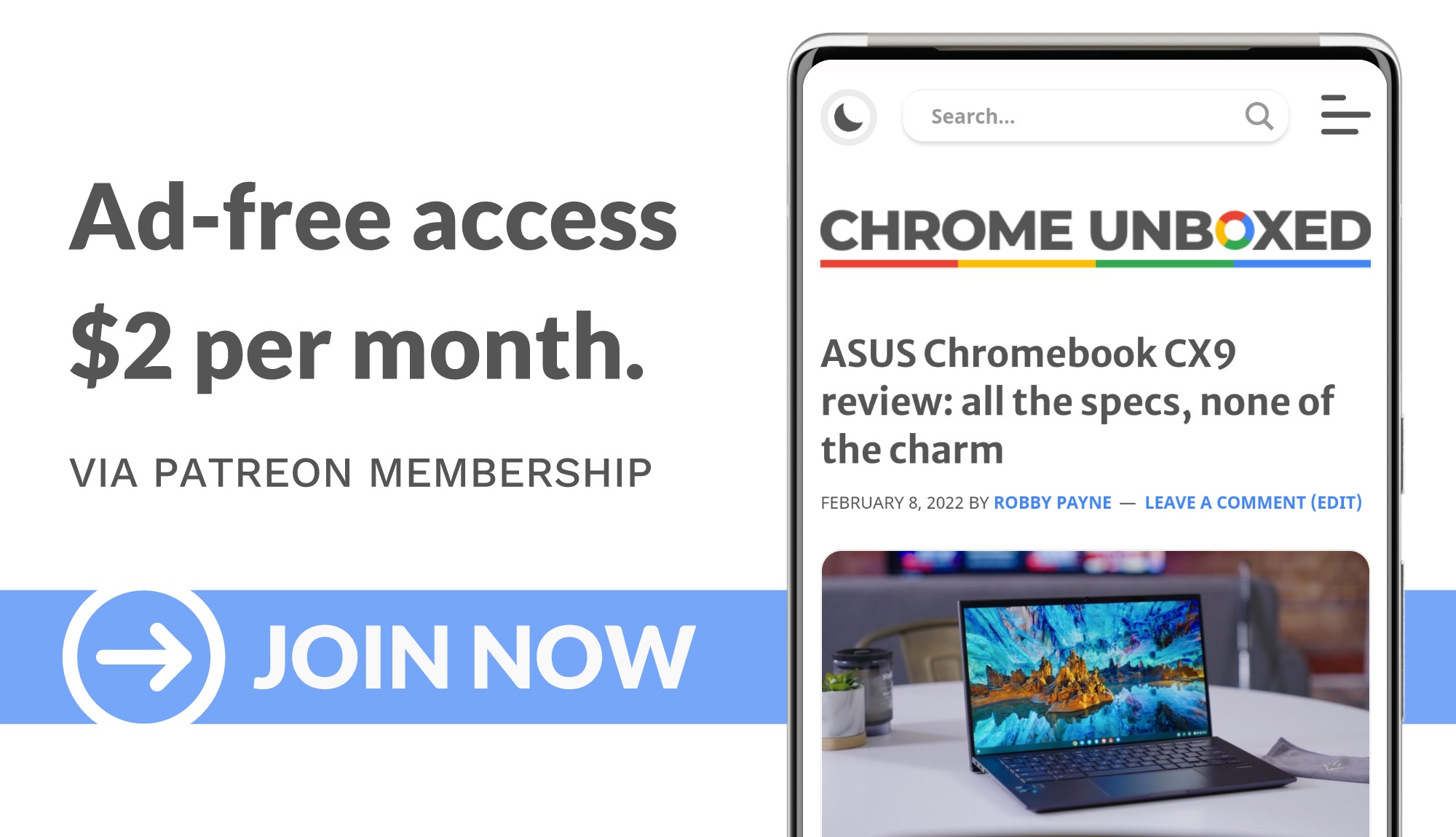
In an effort to draw more attention to the importance of users controlling their own privacy and data, Google introduced new tools and settings for both at its I/O conference yesterday. While the company sure does have a desire to increase awareness for these features, the constant updates surrounding your data and how it’s being managed as of late are absolutely a direct response to congress grilling it over the lack of such guardrails being put in place to begin with.
A new “quick delete” option, which is accessible from your Search app’s Google Account Menu starting today will allow you to completely remove the last 15 minutes of your Search history with a single tap. Additionally, a new passcode protected “Locked Folder” in Google Photos is rolling out. This was demonstrated at I/O as being useful for those secret puppy photos you took before bringing a new dog home, or for any other surprise gift.
A poor example sure, as your kids probably shouldn’t be snooping through your personal Google Photos app or any of your devices to begin with, and most people will likely use this for personal development progress pictures, or well, something else entirely. Moving right along, you’ll see a visual reminder about your location history being enabled when you view places you’ve visited in your Timeline via Maps. It’s worth noting that emails are already periodically sent out with this same information, so this update simply places a visible toggle out in the open for turning it off and on at will.
One of the coolest things at I/O pertaining to privacy is the new Privacy Dashboard for Android 12 which will show users a timeline of when apps accessed your camera, microphone, or device location. To complement this, a new bubbly indicator will appear at the top-right of the phone display when these are being actively accessed by an app, which is a step further than the previous approach where notifications were just placed in a collapsed position in your notification shade.
Google took time to reiterate that their products and services are built with privacy and security at their core, and such inclusions can only be a great thing for consumers, even if it took the government’s intervention to make them a reality. Google already previously had plenty of tools and resources for user privacy and data control, so it could also be that they weren’t aware that these had not yet been obvious enough for users at the time as most people simply use a piece of technology and never dig through the settings or familiarize themselves with what’s available to them.




Leave a Reply
You must be logged in to post a comment.